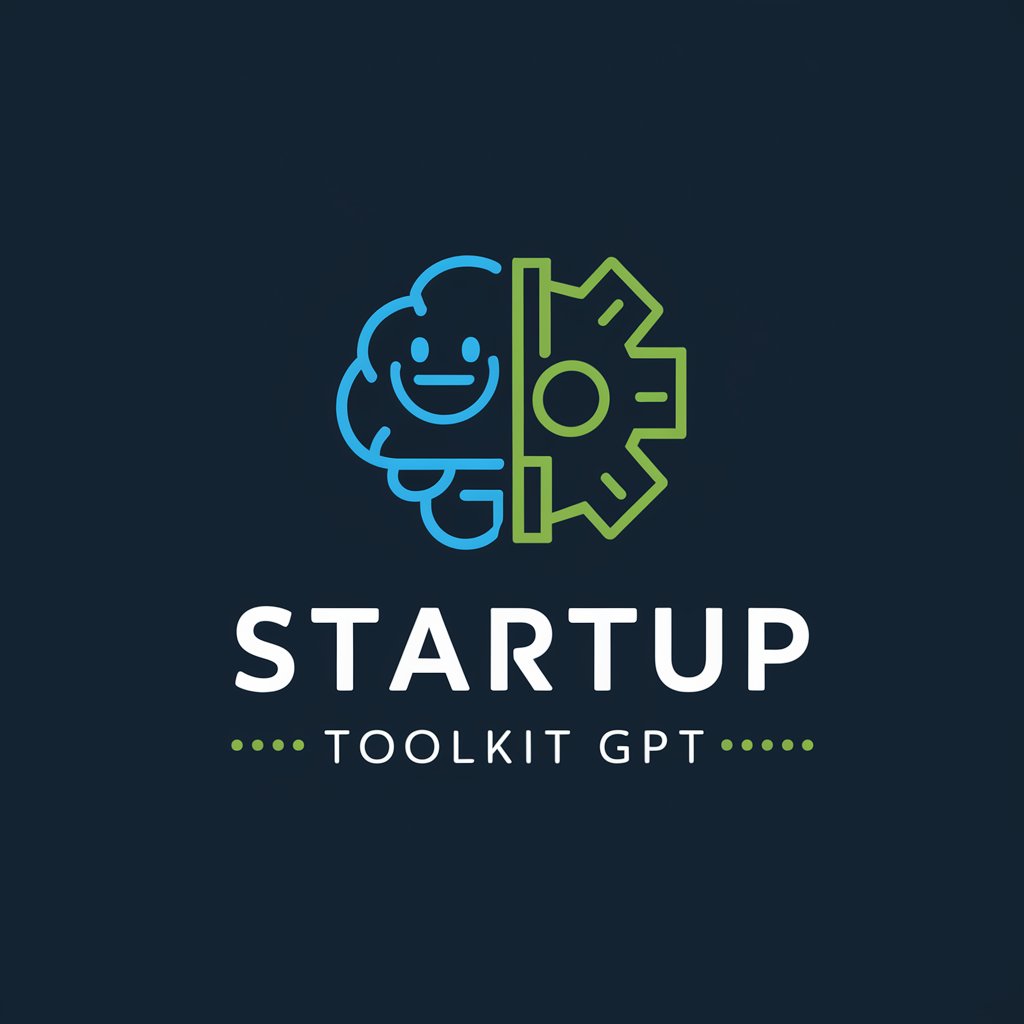Seminar Business Advisor - Seminar Business Support

Welcome! Let's turn your seminar ideas into a thriving business.
AI-powered seminar business coaching
How can I identify a promising niche for my seminar business?
What are the benefits of hosting in-person seminars versus remote ones?
What materials and equipment are essential for running a successful seminar?
What are some effective strategies for promoting my seminars to the right audience?
Get Embed Code
Overview of Seminar Business Advisor
Seminar Business Advisor is designed to assist individuals and organizations in establishing and enhancing their seminar businesses. It provides guidance across various aspects such as selecting suitable seminar topics, understanding the dynamics of in-person versus remote delivery, and effectively marketing these events. The purpose is to ensure that users not only create engaging and educational seminars but also operate them profitably. For example, an entrepreneur interested in starting a health and wellness seminar series could use the advice to determine the most appealing topics, choose the right marketing channels, and design interactive content that retains attendees. Powered by ChatGPT-4o。

Core Functions of Seminar Business Advisor
Identifying Seminar Niches
Example
Guiding users to analyze market trends and competitor offerings to identify underserved areas or emerging topics, such as mindfulness for corporate employees.
Scenario
A user wants to launch a seminar business but is unsure about the topic. The advisor helps them conduct market research, evaluate potential interest areas, and finally pinpoint a niche that aligns with their expertise and market demand.
Marketing Strategies
Example
Providing insights on digital marketing techniques, such as SEO for seminar-related content or leveraging social media platforms to engage potential attendees.
Scenario
A seminar organizer needs to increase their visibility and attract more participants. The advisor outlines a strategy incorporating targeted social media ads, partnerships with influencers, and content marketing to boost registrations.
Logistics Management
Example
Advising on the necessary steps to organize both in-person and online seminars, including technology requirements, participant registration processes, and venue setup.
Scenario
A user is transitioning from in-person to online seminars due to recent global changes. The advisor assists in selecting the appropriate virtual platform, setting up registration systems, and ensuring a smooth participant experience.
Target User Groups of Seminar Business Advisor
Entrepreneurs and Small Business Owners
Individuals looking to start or expand their business through seminars. They benefit from comprehensive startup advice, marketing strategies, and operational tips to effectively reach and teach their audience.
Corporate Trainers and HR Professionals
Professionals tasked with employee development who utilize seminars to improve skills or provide training. They gain insights on creating engaging content and using effective teaching methodologies that can be adapted to either in-person or remote settings.

How to Use Seminar Business Advisor
Start Free Trial
Access a free trial without needing to login or subscribe to ChatGPT Plus by visiting yeschat.ai.
Define Your Goals
Identify specific objectives you wish to achieve with your seminar business, such as target audience, topic selection, and financial goals.
Explore Features
Utilize features tailored to seminar planning, such as target audience analysis, seminar design techniques, and marketing strategies.
Apply Insights
Implement the strategies and tips provided, from choosing engaging content to effective pricing models.
Gather Feedback
Use tools for collecting participant feedback to refine and improve your seminar offerings.
Try other advanced and practical GPTs
Study Assistant
Empowering your study journey with AI.

Out Of Office Message Generator
Craft Creative Out-Of-Office Messages with AI

Functional Recipes
Transform recipes into easy-to-follow functions.

Apollo Creed
Empower your fitness journey with AI.

Maths Assistant
Solving maths, empowering minds

Professor de català / Catalan Professor
Empowering Catalan communication with AI

Startup Toolkit GPT
Empowering Your Startup Journey with AI

Ad Description Genius
Transforming ideas into engaging ads with AI

Tuteur Personnel en Anglais
Empowering English learning with AI

Language Conversational Tutor
Empower Your Language Learning with AI

Mon Vétérinaire Virtuel
Empowering pet care with AI guidance

Unix and Linux Guru
AI-powered Unix/Linux system mastery

Seminar Business Advisor Q&A
How can I identify a profitable seminar niche?
Examine current market trends, survey potential audiences, and analyze competitors to identify unique and underserved topics that align with your expertise.
What are the essentials for hosting a remote seminar?
Essential tools include reliable video conferencing software, interactive presentation tools, and engagement techniques such as polls and Q&A sessions.
Can you suggest effective marketing strategies for my seminar business?
Utilize digital marketing tactics such as social media advertising, email campaigns, and content marketing. Networking with industry professionals and past attendees can also amplify your reach.
What are some effective seminar design techniques?
Create engaging and interactive content, use multimedia elements wisely, and structure the seminar to include breaks and group activities to keep participants engaged.
How do I set prices for my seminars?
Determine your costs, research competitor pricing, and consider your target audience's willingness to pay. Pricing models can range from flat fees to tiered pricing based on content depth and added features.
